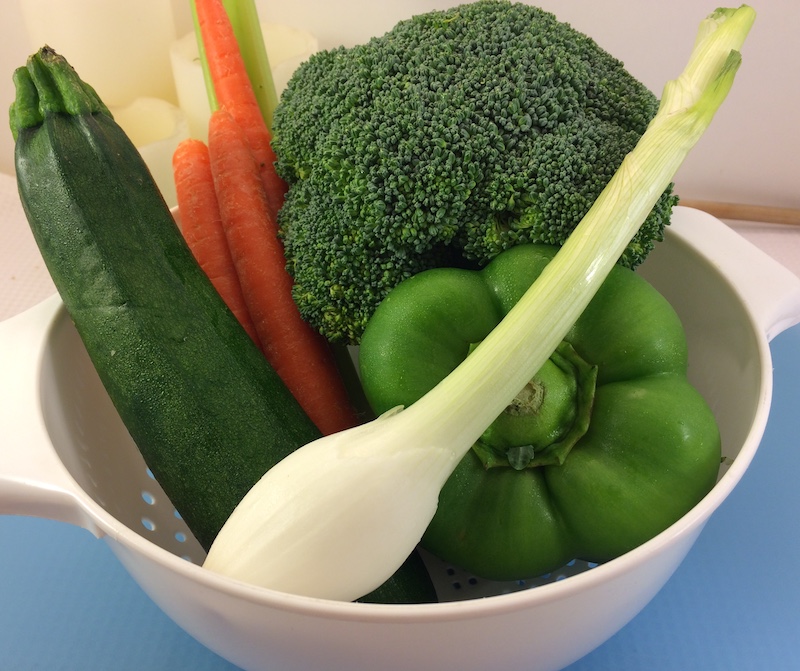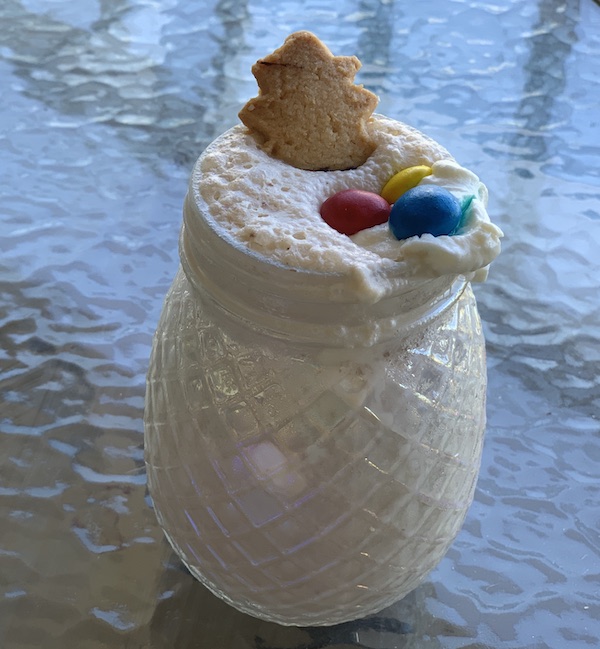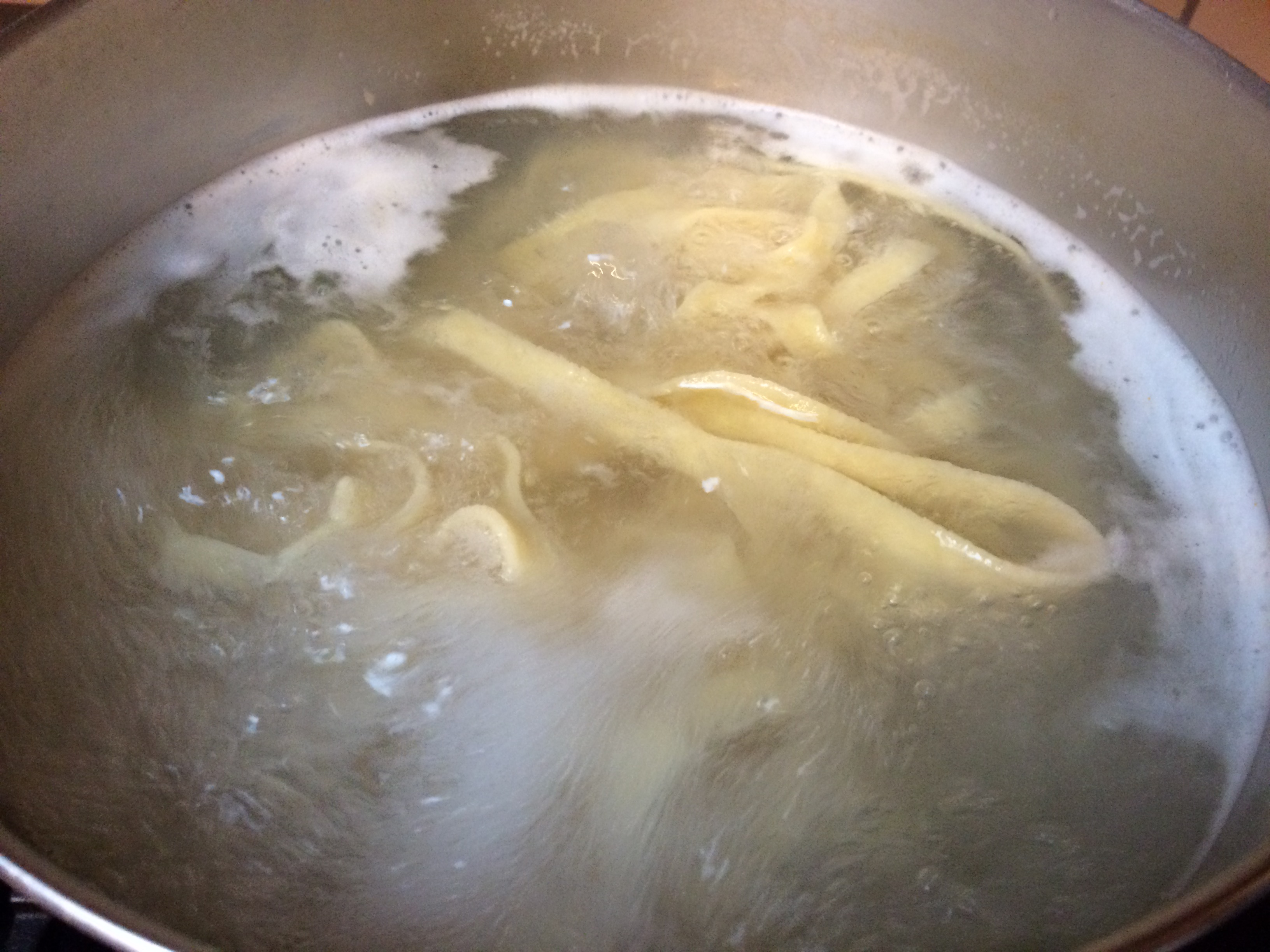Freezing Fresh Vegetables
Lots of people ask if you can freeze fresh vegetables and the answer is an astounding “Yes”.
Freezing fresh vegetables is the best way to keep and enjoy a bountiful harvest all year long. Proper freezing techniques are important with fresh vegetables in order to contain all the great vitamins within the vegetables. Fresh vegetables should be frozen in airtight bags after a quick blanch to preserve their bright colors, clean their surfaces and stop their ripening enzymes.

Freezing Fresh Vegetables
Freezing Fresh Vegetables
Freezing is not only OK, but it is the best way to extend the shelf life of fresh vegetables. Freezing fresh vegetables makes sense to retain their current state for an extended amount of time. The following steps outline the process to properly freeze your fresh vegetables.
-
Wash your fresh vegetables.
You want to eliminate any bacteria from the veggies, although bacteria can’t grow in the freezer – it can continue to grow once you defrost the vegetables.
-
Blanch your vegetables.
Blanching is basically a very quick boil. For complete details on the blanching process, see our blanching post. This same post also includes a handy chart of blanching times for each vegetable so you can see how little time is actually needed in order to complete the entire process of freezing vegetables. You do not want to actually cook your vegetables or they will be very mushy, tasteless and lacking in vitamins once defrosted.

Do all vegetables need to be blanched before freezing? No, a few veggies do just fine if frozen fresh. Onions and peppers do NOT need to be blanched – simply chop peppers and onions and then place them into airtight bags.
Note: *See the additional information section below for other fresh vegetables that should NOT be frozen.
-
Drain and dry your vegetables.
When freezing vegetables, be sure to drain and then dry (a clean dish towel works great) all your vegetables. The drier the better, those little ice crystals and clumps that form on frozen vegetables create splattering grease and unwanted water once cooking, especially if you are trying to use the frozen vegetables in your wok.
-
Place the vegetables in freezer bags or
containers and then into the freezer..
Before sealing vegetable containers, be sure to remove or squeeze out as much air as possible.
So, don’t let fresh vegetables age, rot and then die in some landfill… SAVE THEM!! Freezing vegetables is not only the right thing to do with excess, but it’s the best way to enjoy the delicious taste and goodness of fresh vegetables anytime… even in the middle of a snowstorm!
Note: Frozen vegetables, if frozen properly, actually have just as much nutrition as fresh vegetables (read more).

Freezing Fresh Vegetables
Additional Info
Some vegetables, particularly ones associated with raw salads, do not freeze well. Lettuce will never recover, cucumbers and radishes have a very hard time, and most sprouts (except Brussels sprouts) should never visit the freezer.
Certain vegetables are more questionable than your basic green bean or pea, for instance many people question potatoes, so we have a post on freezing potatoes and freezing tomatoes.
To find out how long frozen vegetables last, see our frozen vegetable page.
Freezing fresh vegetables during their peak ripeness is a good option nutritionally too. They actually retain their vitamins and minerals far better than canning. See our fresh vs frozen post for more information.










